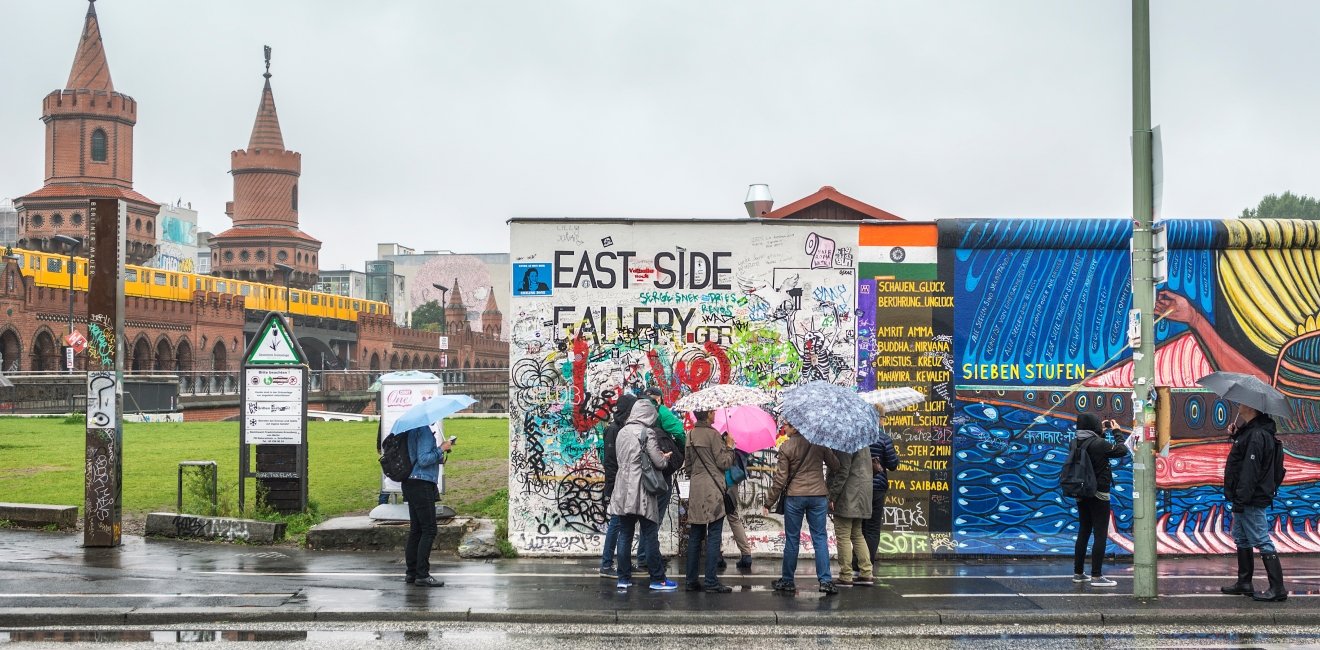
A blog of the Kennan Institute
BY MYKHAILO MINAKOV
In 2021, European nations find themselves in a new geopolitical situation. The vision of One Europe, which stood behind EU integration in the west and center of the continent and the inspired post-Soviet transition in the east, seems to have lost its influence on political and economic processes within and among the nations of the continent.
The political map of Europe is defined by several fragmentation and integration processes unfolding across the continent: growing cleavages within the EU, Russia’s open rivalry with the EU, Brexit, Turkey’s return to Europe. In this analysis, I set aside the U.S. and Chinese factors to clearly see the structure of the continental divisions on its own.
EU leaders and peoples have recently been so immersed in their own business that they missed the moment when the meaning of “Europeanization” changed. Emerging from competition and cooperation among Brussels, national governments, subnational elites, trade unions, the corporate sector, civic movements, and neighboring rival states and distant partners, the realpolitik of the EU has very little connection today with the EU’s values, including the universal norms of justice and human rights, democracy, and peaceful coexistence.
An honest analysis of today’s use of the term “Europeanization” shows that this idealistic residuum of values-based policies is subject to EU interests related to geopolitical power, economic gain, and the biological survival of its diverse populations. Conversely, some types of democratization processes on the continent have moved forward with anti-EU slogans or without regarding the Union as relevant partner. The pan-continental uniting force of the EU is in decline (or at least it is stuck in a debate), but the Union is also undermined by strong populist, sovereigntist, and illiberal movements from within. Efforts to counter disintegratory processes within and to return to supporting liberal values in the EU’s neighborhood are critically important for the EU to remain the gravitational center for the continental integration processes.
I was surprised to see my European colleagues’ consternation over the Lavrov–Borrell nondiplomatic, intentionally scandalous meeting in Moscow last February. Official Moscow’s hostility toward the EU has been openly growing since 2013, the year when the EU signed Association Agreements with Georgia and Moldova, and 2014, when Crimea was annexed and the Donbas war began.
Today, post-Crimean Russian elites are organized around sovereigntism, an ideology that affirms the supremacy of “the people” (the imagined majority of the population coming together around history, ethnic traditions, and traditional religions) and is hostile toward individual human rights and the cosmopolitan norms of justice and ecological balance. From a sovereigntist perspective, transnational networks and organizations promoting these latter norms and values globally or regionally, including the EU and the Council of Europe, are more than rivals: they are hostile entities that, with the help of local human rights activists, civic organizations, and minorities (“foreign agents” or “traitors,” in sovereigntist language), are bent on undermining the sovereignty of the “Russian people” (or “deep people,” in the ideology’s language).
One of the key ideologemes of contemporary Putinism is Russia’s mission to be the alternative Europe. This ideological posit has recently been tested on a Russian audience with the publication of Konstantin Bogomolov’s manifesto “Abduction of Europe 2.0” a week after the Lavrov–Borrell incident. The major idea of this manifesto is that Russia, a nation hitherto “always oriented” toward western Europe as an example of moral and civilizational excellence, is now at a loss since this “Europe of excellence” no longer exists. Liberalism, individualism, globalism, ecologism, Brussel’s bureaucracy, and other ills have destroyed the traditional lifeworld of Europe. Now it is Russia’s turn to help the sovereign European peoples survive the crises in the West and return to their traditional lifeways.
The same sovereigntist ideology can be found in Russia’s constitutional amendments that were passed last year. These amendments have turned Russia into a conservative state based on the transcendental forces and tradition. Thus, foreign policy, ideological manifestos, and state-building are guided by conservative sovereigntism aimed at isolating Russia from the West and at undermining the EU’s normative influence and the spirit of European solidarity.
Brexit has added immensely to the complexity of European political divisions. Brexit hit the nerve center of Europeanization. For almost thirty years, integration of the continental democracies was at the core of the One Europe project. The UK’s exit from the Union not only inspired Euroskeptics, it launched a new trend in continental political processes. A European democratic nation does not necessarily have to be part of the EU; further, it may feel limited in the EU.
So, the ideological tensions on the continent are not limited to those of Brussels versus Moscow. Now London enters the mix with its own European policy as another alternative to the EU’s agenda. It is one more “new normal”: the UK’s foreign policy may not necessarily be against the EU, but the UK will focus on its own national interests and will build new alliances in Europe. There are already signs of such alliances with countries in the Balkans and South Caucasus, and with Turkey.
Turkey is another important player in Europe with its own alternative to integratory processes. Recep Tayyip Erdoğan’s antagonism toward the EU and several European governments of recent years may now come to an end. The year 2021 started with Erdoğan’s call to return to trustworthy relations with the EU. This offer comes from a much stronger authoritarian continental player than in 2017–19, when bilateral EU-Turkey relations reached a nadir. Today Turkey has a very strong military and economic presence in the MENA region and the eastern Mediterranean. Turkey’s support was critical for Azerbaijan’s victory in the war for Karabakh. Turkey has been increasing its presence—economic, military, and political—in Georgia, Ukraine, and Moldova. Even though Ankara is geographically located in Asia, it is evolving into another center of influence on European continent.
Nowadays European politics means much more than EU political processes. The continent is more and more divided into “axes” and “zones of exclusive interests.” This political multitude demands new kinds of institutions to prevent conflicts and meld the emerging geopolitical cacophony into a new “concert of nations.”
The opinions expressed in this article are those solely of the authors and do not reflect the views of the Kennan Institute.
Author


Kennan Institute
After more than 50 years as a vital part of the Wilson Center legacy, the Kennan Institute has become an independent think tank. You can find the current website for the Kennan Institute at kennaninstitute.org. Please look for future announcements about partnership activities between the Wilson Center and the Kennan Institute at Wilson Center Press Room. The Wilson Center is proud of its historic connection to the Kennan Institute and looks forward to supporting its activities as an independent center of knowledge. The Kennan Institute is committed to improving American understanding of Russia, Ukraine, Central Asia, the South Caucasus, and the surrounding region through research and exchange. Read more

Explore More in Focus Ukraine
Browse Focus Ukraine
Talking to the Dead to Heal the Living

Ukrainian Issue in Polish Elections


